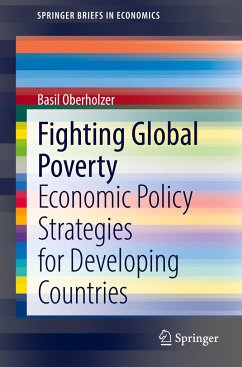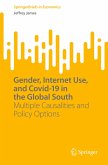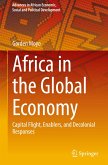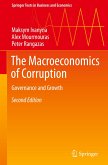This book presents paths developing countries can pursue in order to reclaim their ability to take action and improve people's living conditions in the long term. According to dominant economic theory, markets are the essential engines of growth and poverty reduction in developing countries. However, the track record so far is disappointing. On the other hand, poor countries, which are exposed to the dynamics of global capitalism, have little chance to implement alternative development strategies. Policy actions for a fairer income distribution or for more public investment run the risk of being punished by financial markets and capital flight. The book presents solutions to these issues, considering key economic foundations, and outlining feasible development strategies.
It is, therefore, a must-read for policy-makers and practitioners working on fighting global poverty, as well as scholars and students of economics, interested in a better understanding of development economics, economic growth, and financial economics.
It is, therefore, a must-read for policy-makers and practitioners working on fighting global poverty, as well as scholars and students of economics, interested in a better understanding of development economics, economic growth, and financial economics.








